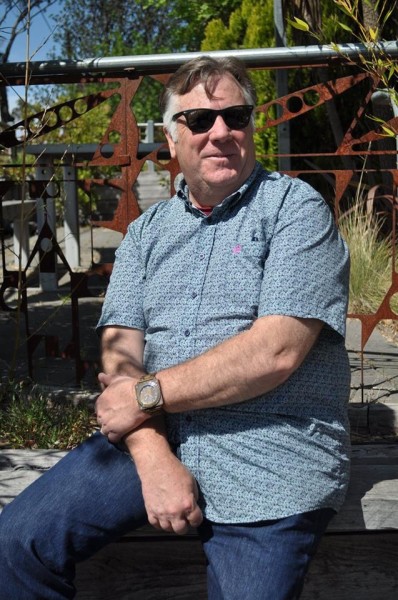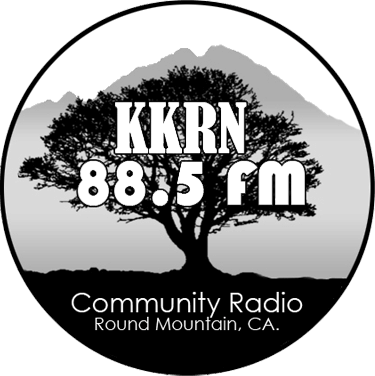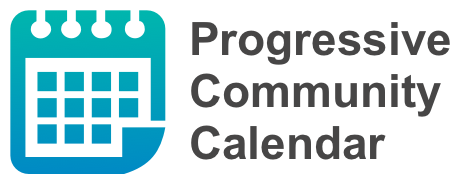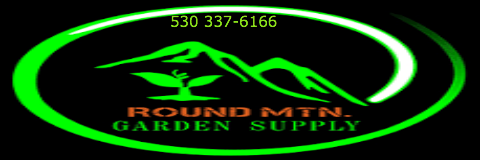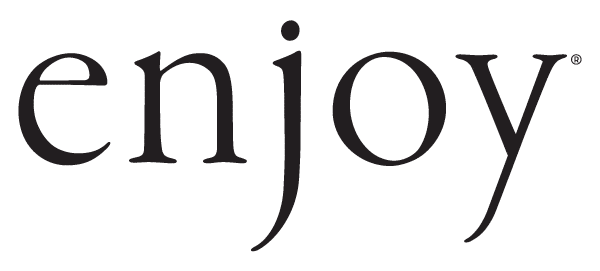Down Under Hour
- Wednesdays, 1:00pm–2:00pm
- Saturdays, 3:00pm–4:00pm
Email The Down Under Hour at
Downunderhour11@gmail.com
or check us out on Facebook at Down-Under-Hour
Find us on Substack too. The entire 2023 playlist is posted there.
at the pub, or at a party, whenever you're stuck, for what to say,
if
you wanna be dinky-di, why don't you give it a try,
look
'em right in the eye and say g'day..."
(Slim Dusty)
Show 159"The
best pop music does not reflect events so much as it absorbs them."
Greil
Marcus, Mystery Train, 1975 (from the 2025 50th anniversary revised
edition).
Blackfella/Whitefella
Gotta
Be Strong
A
pair of songs by Warumpi Band from their 1985 debut album Big Name No
Blankets. The name of the album reportedly came about when the band
was playing a show in 1984 in a remote desert community. A video of
one of their songs had recently been played on a national TV music
program. Locals saw it and someone said, "You must be rich, you
blokes", to which one of the band members replied, "No, we
only got big name, no blankets."
Only
the Strong -
Midnight Oil, from their album 10, 9, 8, 7, 6, 5, 4, 3, 2, 1, a 1982
release.
Tribal
Voice - Yothu Yindi, the title track of their 1991 album.
No
Woman Left Behind -
Emma Donovan and her
band the Putbacks, a
2021
release, from
their album Under These
Streets.
Love
My Darkness -
Lady Lash, from another
2021 album,
Spiritual Misfit. Lady Lash describes herself as a hip-hop and jazz
artist.
Protest
Song - Jen Cloher, it was on her 2023
album I Am The River, The River Is Me.
I
Was Only 19 - Redgum, a 1983 single and it was on their 1983 album
Caught In the Act. The lyrics describe the plight of soldiers
returning home after fighting in the war in Vietnam and receiving
shabby treatment from the government and from people in the
community.
Shaddup
Ya Face - Joe Dolce, an Italian-American who moved to Melbourne 1978
and, despite being a highly regarded poet and songwriter, he's best
known for this comic 1980 single. The lyrics come from Dolce's
memories of visiting his Italian grandparents in Ohio.
Soul's
On Fire - Geoffrey Williams, from his album Yes Is the Answer, a 2012
release. Williams is British and has written songs for artists as
diverse as Michael Jackson and Dusty Springfield. He's lived and
worked for many years in rural western Victoria.
Swing
For the Crime -
the Saints, it was
on their 1978 album Prehistoric Sounds. It
was the band's the
third album
and last
with
founding
guitarist Ed Kuepper.
Everything's
On Fire -
Hunters & Collectors, from their album Human Frailty, a 1986
release.
Hand
Becomes Fist -
Chris Wilson, from his album Long Weekend, which came out in 1998.
Living
In the
Neighbourhood
-
Cyndi Boste,
the song is on
her 2002 album Push Comes To Shove.
We're sending it out to all the
brave folks looking after friends and neighbors during
these troubled times.
Dom
Mariani and the Majestic Kelp start us off, move us along, and tell
us when we're done.
